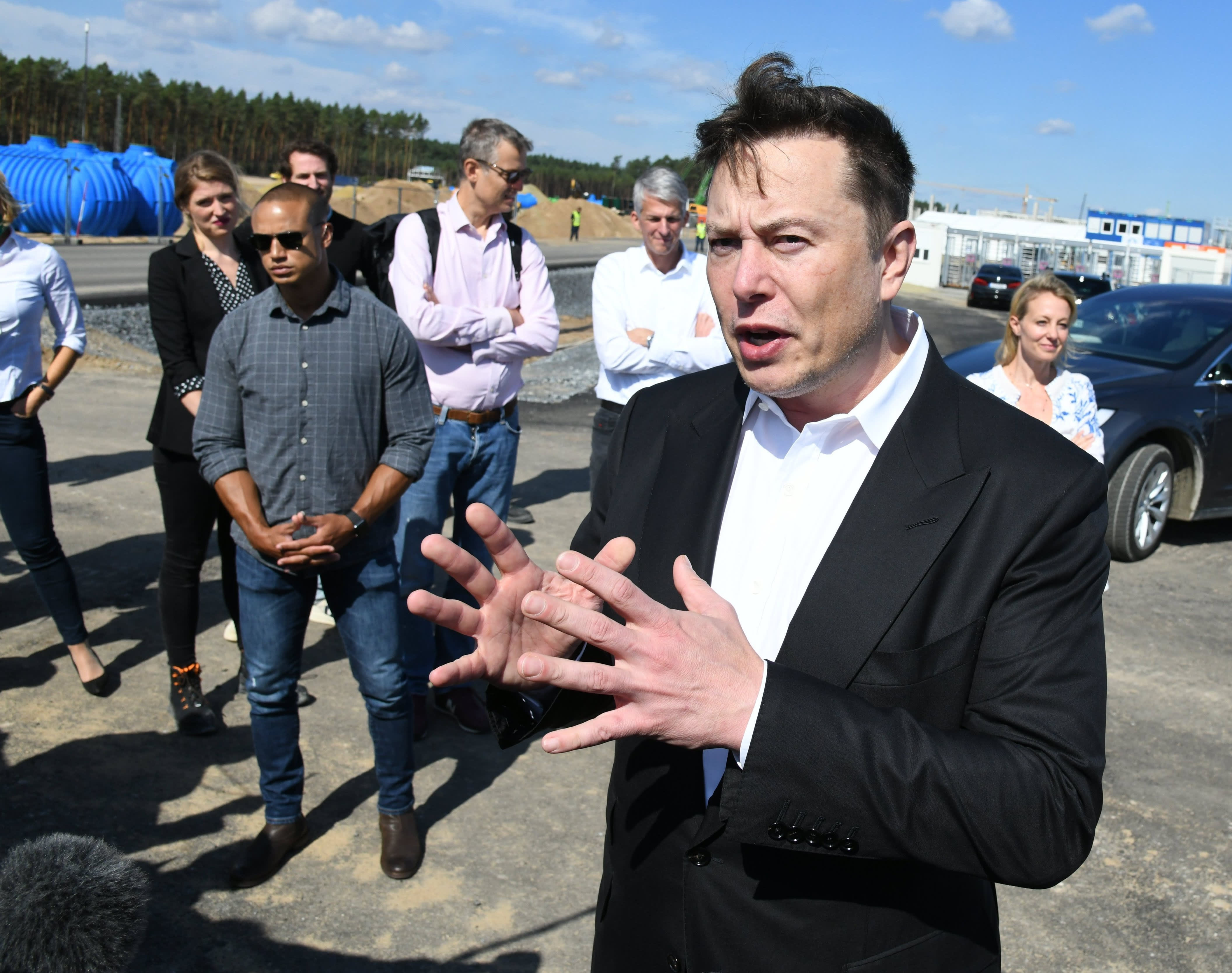Tesla sues U.S. government to overturn Trump administration tariffs on China

Tesla is suing the U.S. government and U.S. Trade Representative Robert Lighthizer over the Trump administration’s tariffs on items Tesla imports from China.
The electric car maker wants the court to declare two batches of Trump administration tariffs to be void, and refund Tesla the tariffs it paid with interest, according to the lawsuit filed in the U.S. Court of International Trade.
The specific tariffs at issue are known as List 3 and List 4. List 3 went into effect on 2018 and currently places 25% duties on $200 billion of imported goods from China. List 4 went into effect in 2019 and currently consists of a 7.5% tariff on $120 billion of Chinese imports. Both lists contain hundreds of very specific items, ranging from raw materials to electronic components. The lawsuit did not describe which items Tesla paid tariffs on, nor how much it paid. Tesla and the U.S. Trade Representative didn’t immediately return requests for comment.
The U.S. Trade Representative’s “imposition of List 3 and List 4 duties was arbitrary and capricious because USTR did not provide meaningful opportunity to comment, failed to consider relevant factors when making its decision, and failed to draw a rational connection between the facts found and the choices made,” Tesla’s lawyers argued in Wednesday’s filing, which also named the acting commissioner of U.S. Customs and Border Protection, Mark Morgan, as a defendant.
Companies were given an opportunity to request a waiver on specific items as part of the tariff process. Tesla applied for waivers in 2019 on artificial graphite, silicon oxide, and door ring tailor welded blanks, and all three were granted with an expiration date in August 2020, according to the USTR website.
In 2019, U.S. trade officials rejected Tesla’s request for relief on 25% tariffs on the Model 3’s car computer and screen, arguing that the parts use technologies strategically important to Chinese national security programs. Tesla said that the affected parts are the “brain” of its autopilot system.
“Increased tariffs on this particular part cause economic harm to Tesla, through the increase of costs and impact to profitability,” Tesla wrote in its waiver request. “Due to the complexity of the Model 3 Car Computer and the demanding timelines necessary for Tesla’s exponential growth, Tesla is unable to find another manufacturer to meet our requirements.”